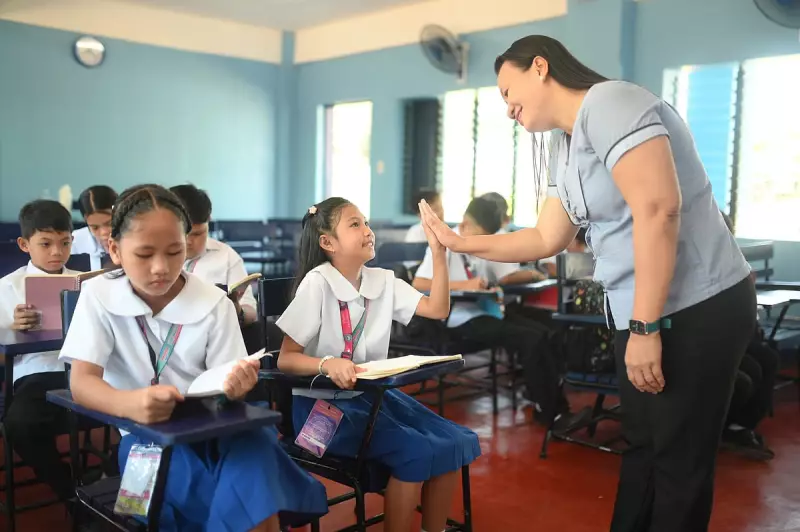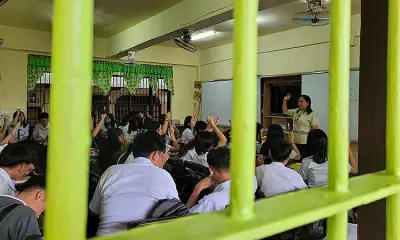
Educators in Davao City are raising their voices against what they describe as an unfair implementation of the Department of Education's localization policy, demanding immediate review and reform.
Growing Concerns Among Teaching Community
The Teachers' Dignity Coalition (TDC) in Davao Region has formally requested the Civil Service Commission (CSC) and the Department of Education (DepEd) to reassess the current localization policy. This movement comes after numerous reports of teachers facing what they call "unjust treatment" under the existing framework.
The Core Issues
According to TDC Southern Mindanao Chairperson Emmalinda Policarpio, the policy has created significant challenges for educators. "Teachers are being treated unfairly," Policarpio stated during a recent press conference at the Ateneo de Davao University.
The coalition highlights several critical concerns with the current system:
- Limited career advancement opportunities for localized teachers
- Restricted mobility between teaching positions
- Inconsistent application of the policy across different regions
- Potential violations of teachers' constitutional rights
Constitutional Questions Raised
The teachers' group has pointed to potential constitutional violations within the current policy framework. "The Constitution guarantees the right of every citizen to choose their profession," Policarpio emphasized, suggesting that the localization policy might be infringing upon this fundamental right.
Proposed Solutions
The TDC has outlined specific recommendations for improving the system:
- Immediate review and amendment of the localization policy
- Establishment of clear guidelines for teacher mobility
- Creation of fair mechanisms for career progression
- Regular consultation with teacher representatives
Impact on Education Quality
Beyond individual teacher concerns, educators warn that the current policy could ultimately affect the quality of education delivered to students. When teachers face restrictions on their professional growth and mobility, the entire education system may suffer consequences.
The teachers' movement in Davao represents a growing call for educational reform that balances administrative needs with the professional rights and welfare of educators. As the dialogue continues, all eyes remain on how DepEd and CSC will respond to these pressing concerns.





